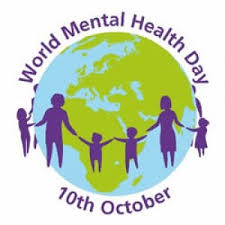Thousands of people with mental health conditions around the world are deprived of their human rights. As well as being discriminated against, stigmatized and marginalized, they are also subject to emotional and physical abuse in both mental health facilities and the community. Poor quality care due to a lack of qualified health professionals and dilapidated facilities leads to further violations.
This year, the World Health Organisation will be raising awareness of what can be, and is being, done to ensure that people with mental health conditions can continue to live with dignity, through human rights-oriented policy and law, training of health professionals, respect for informed consent to treatment, inclusion in decision-making processes, and public information campaigns.
To find out about the state of mental health provision in your country have a look at Mental Health Atlas-2014 country profiles.




